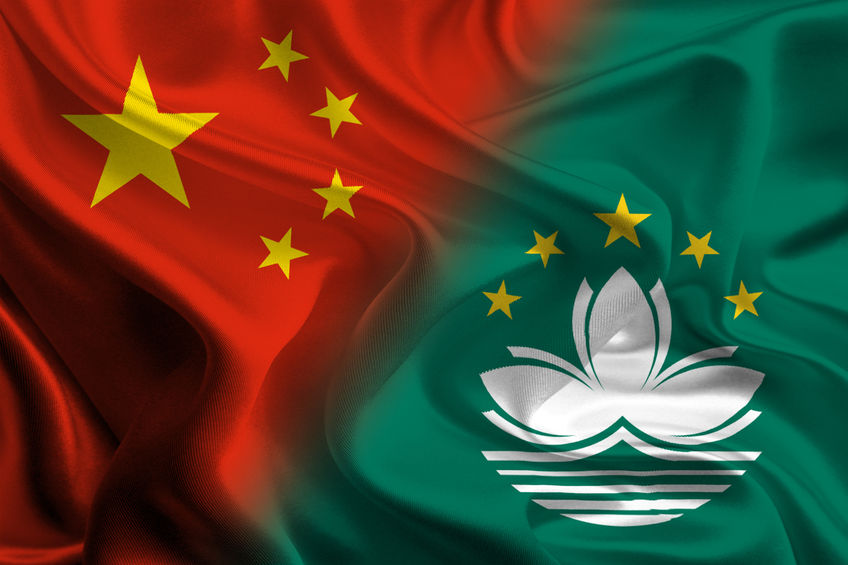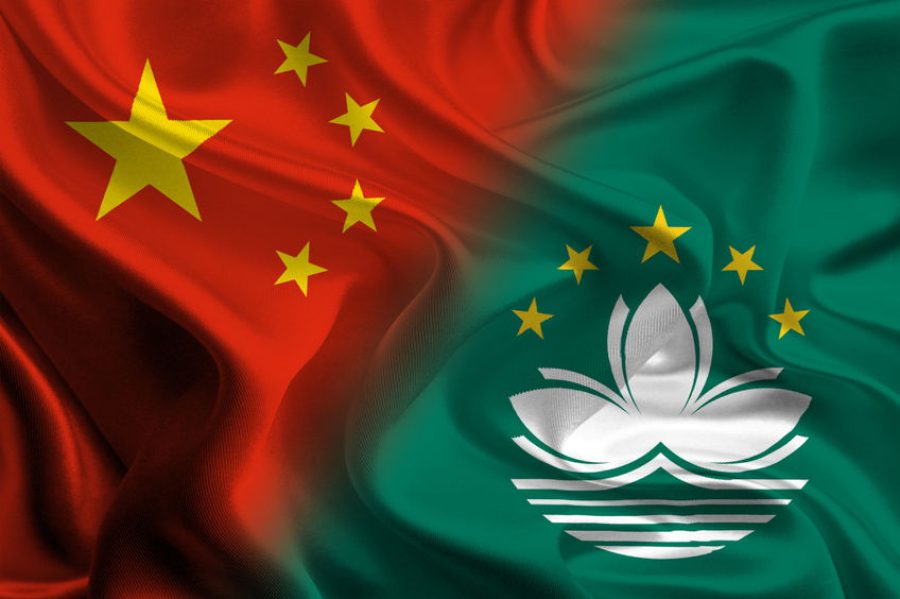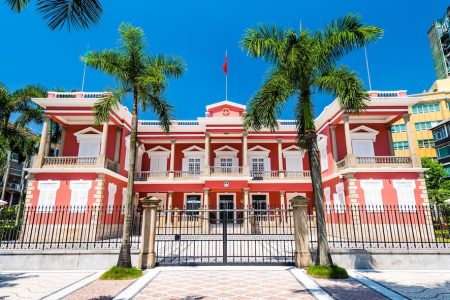Macau Basic Law Promotion Association President Liu Chak Wan said on Thursday that it was a vital and fundamental rule for Macau to exercise the “one country, two systems” policy and to fully comprehend and implement the principle of the Macau Basic Law, so to ensure the prosperity and sustainable development of Macau.
Liu, a prominent businessman and member of the Executive Council, made the remarks in his opening speech during a seminar to mark the 25th anniversary of the promulgation of the Macau Basic Law, at Macau Tower.
After Liu’s opening speech, several guests delivered speeches.
According to the Macau Post Daily, Hong Kong and Macau Affairs Office of the State Council Vice Director Feng Wei said that the Macau Basic Law has been Macau’s legal guidance since the city’s return to the motherland in 1999, which started a new historical era for Macau to practice the “one country, two systems” framework with a high degree of autonomy. Feng also said that 25 years after the promulgation of the Macau Basic Law, the “one country, two systems” concept has proven to be “very successful” in Macau, and it has been “tested historically”.
The former head of the National People’s Congress (NPC) Law Committee, Qiao Xiaoyang, said that the “one country, two systems” principle is a vital component for the nation’s system of socialism with Chinese characteristics, adding it is now “our common call and duty” to continue exercising the principle in Macau, for new accomplishments in the new era.
Qiao also said that the administrative relationship between the central government and the Macau Special Administrative Region (MSAR) is one between the central government’s overall jurisdiction and Macau’s high degree of autonomy. According to Qiao, these two components are the manifestations of sovereignty and the exercise of sovereignty. He also said that the authorisation of Macau’s power of autonomy is rooted in the central government’s overall jurisdiction vis-a-vis Macau.
According to Qiao, it would be wrong to put the two into a competing relationship, since both are internally consistent, based on their same root. Qiao also said that it has become a task for everyone to integrate the two in a dynamic way, after the 19th Communist Party of China (CPC) National Congress last year.
Central People’s Government Liaison Office Director Zheng Xiaosong said that Macau was marching on a new journey of “one country, two systems”, as the special administrative region has a close connection with the nation’s new era of socialism. Macau and Hong Kong’s economic prosperity and sustainable development are the foundation for achieving national reunification and the nation’s great rejuvenation.
Zheng also said that the Constitution was the fundamental law of China as it has the highest legal status nationwide, including in Macau and Hong Kong. He also said that the Macau Basic Law was a product of the “legalised and institutionalised” “one country, two systems” model, offering it as the constitutional basis to be exercised in Macau.






